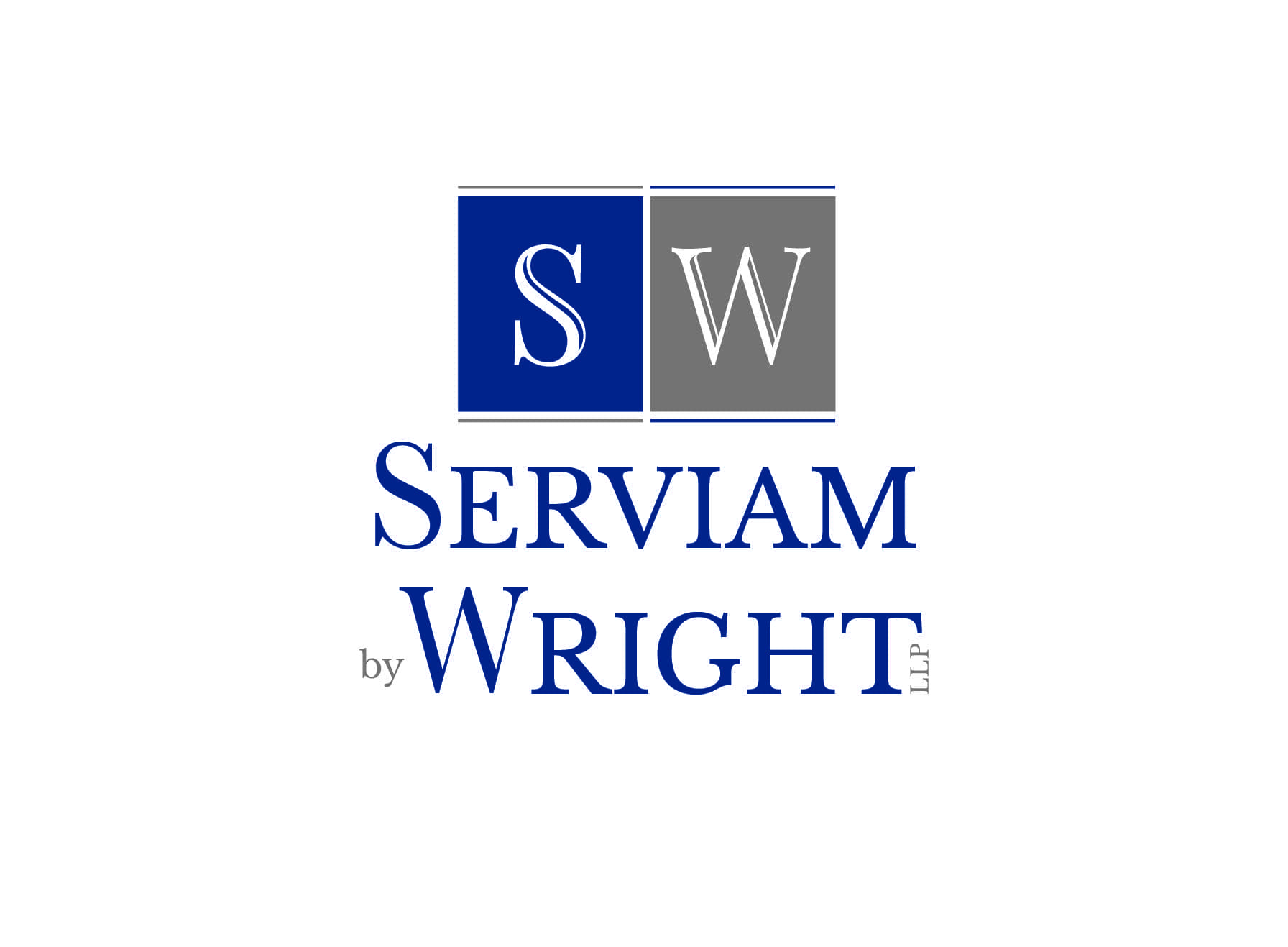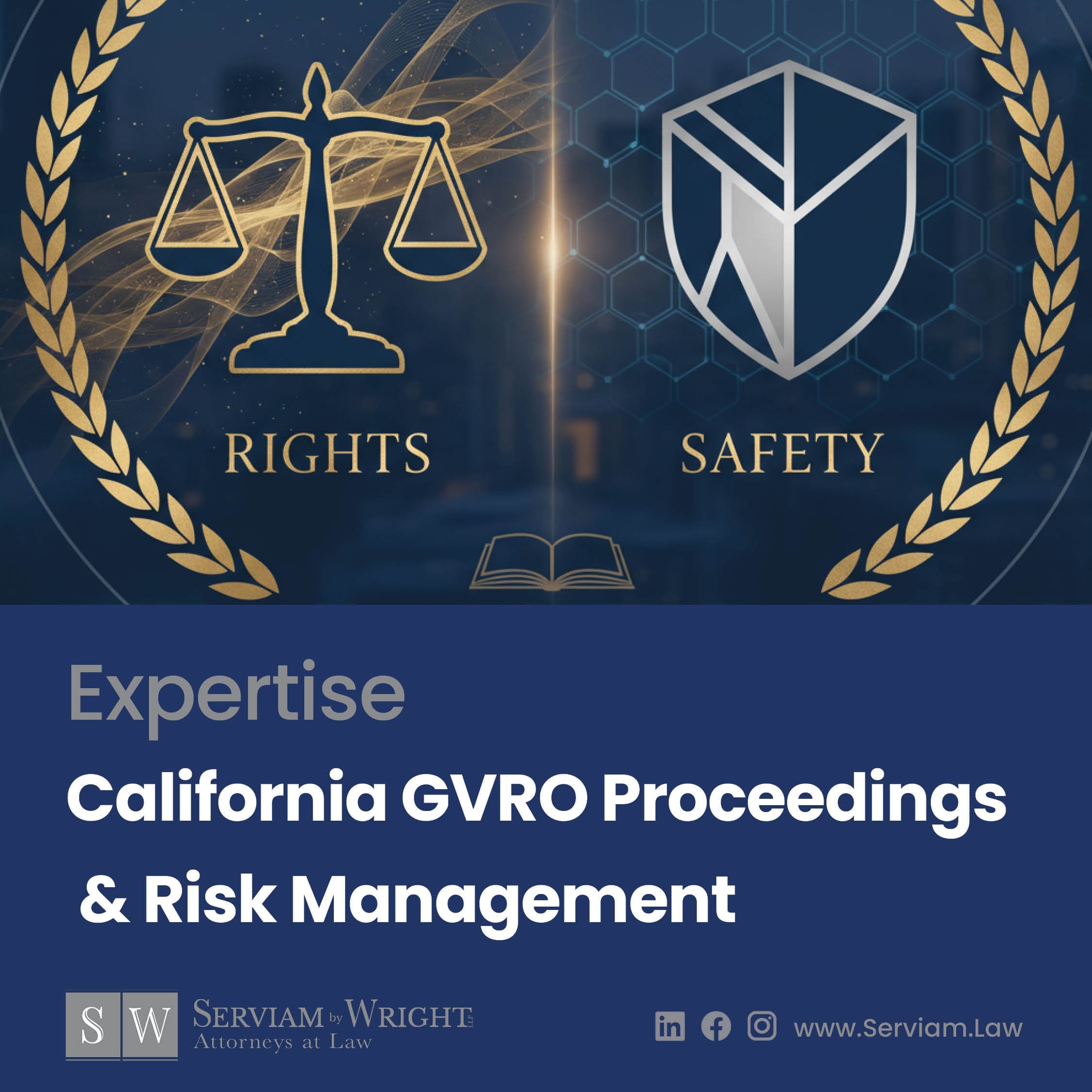Update: The Supreme Court of California issued a ruling that claims under California’s Unfair Competition Law and False Advertising Law are not entitled to trial by a jury.
The Case: NATIONWIDE BIWEEKLY ADMINISTRATION, INC., ET AL. V. SUPERIOR COURT
The Supreme Court of California has issued a new and important ruling that will impact cases brought under California’s unfair competition law (Business and Professions Code section 17200 et seq.) (“UCL”) and false advertising law (Business and Professions Code section 17500 et seq.) (“FAL”).
In Nationwide Biweekly Administration, Inc., et al. v. Superior Court, the Supreme Court held that actions under the UCL and FAL are equitable remedies, for which a jury trial is not applicable. Rather, the amount of the statutory penalties and whether any relief is appropriate are issues to be determined by a trial court, not a jury.
I. Factual and Procedural Background
Nationwide Biweekly Administration, Inc., Loan Payment Administration LLC, and Daniel S. Lipsky (“Petitioners”) operated a debt payment service in California and other states. In May 2015, the district attorneys of four counties, acting on behalf of the People of the State of California, filed a civil complaint against them alleging that Petitioners had violated the UCL and FAL. The complaint requested injunctive relief, restitution of all wrongfully acquired money, and imposition of civil penalties up to $2,500 for each violation of the UCL or FAL found by the court. Petitioners demanded a jury trial and the People filed a motion to strike the jury demand, which was granted by the trial court.
Petitioners then filed a petition for writ of mandate in the Court of Appeal to challenge the ruling striking the jury demand. The Court of Appeal initially denied the writ petition; however, the California Supreme Court ordered the Court of Appeal to issue an order requiring the People to show cause why Petitioners do not have a right to jury trial when the government seeks the civil penalties authorized under the UCL and FAL.
After briefing the argument, the Court of Appeal held that under the California Constitution’s jury trial provisions, Petitioners had a right to a jury trial and that the trial court erred in striking the jury demand. The People petitioned the California Supreme Court for review to determine whether there is a right to a jury trial in a UCL or FAL action brought by the government when the government seeks civil penalties, injunctive relief, and restitution.
II. California Supreme Court Rules Claims Brough Under the UCL and/or FAL Are Equitable and There is No Right to Jury Trial
The California Supreme Court ruled that there is no right to jury trial in causes of action for UCL or FAL even when the government is seeking civil penalties and restitution. The Court affirmed the following points of law, supporting its decision:
- The Courts of Appeal for more than 80 years have uniformly recognized that the cause of action established by Business and Professions Code sections 17200 et seq. is equitable in nature. (See, e.g., Solus Industrial Innovations, LLC v. Superior Court (2018) 4 Cal.5th 316, 340 [the UCL “provides an equitable means through which both public prosecutors and private individuals can bring suit to prevent unfair business practices’”]; Korea Supply Co. v. Lockheed Martin Corp. (2003) 29 Cal.4th 1134, 1144 [“A UCL action is equitable in nature; damages cannot be recovered…Civil penalties may be assessed in public unfair competition actions, but the law contains no criminal provisions”].)
- Even when a plaintiff seeks civil penalties as well as injunctive relief in an action under the FAL, it remains an equitable action, and, as such, is to be tried by the court and not a jury. (People v. Superior Court (Jayhill Corp.) (1973) 9 Cal.3d 283, 286.)
- The civil penalties and restitution award obtained by the government in actions under both the UCL and FAL are to serve as a deterrent to assist in enforcement of these laws and prevent future violations. Therefore, the monetary penalties are still considered equitable in nature and do not entitle defendants to a jury trial.
Key Take-Away:
The California Supreme Court’s decision supports the long-standing precedent that causes of action brought under the UCL and the FAL are equitable in nature, and therefore, are to be tried by the court and not a jury.





